|
|
|
|
Statistics about COVID-19 on the African continent are in short supply. In many countries this has hampered efforts to bring the pandemic under control. Understanding the scale of what’s unfolded has been helped with the release of a study into over 3 000 critical care Covid-19 patients from 64 hospitals in 10 African countries. As Bruce M Biccard explains, it’s not a pretty picture. The outcomes for critically ill patients are poorer than any other region in the world. And only one out of two patients referred for critical care treatment was admitted to a high or intensive care unit. The clear warning is that, in the absence of mass
vaccinations, the potential for catastrophic loss of life on the continent remains real.
Cyclone Jobo caused great alarm as it approached the Tanzanian coast in late April. Thankfully, by the time it made landfall it had weakened to a tropical depression. Tropical cyclones that make landfall are rare in Tanzania, and past events are outside the memory of most. But they have happened before. Declan Finney, Hellen Msemo and John Marsham recount two cyclones that had a devastating effect on Tanzania, and flag their concerns that, due to changes in the weather, these events could become more intense in the future.
We’re entering the last week of our donation campaign. If you’ve donated already, thank you for your contribution. If you value what we do, please donate to our campaign and support journalism that you can trust.
Donate
now
|
Caroline Southey
Founding Editor
|

|
|
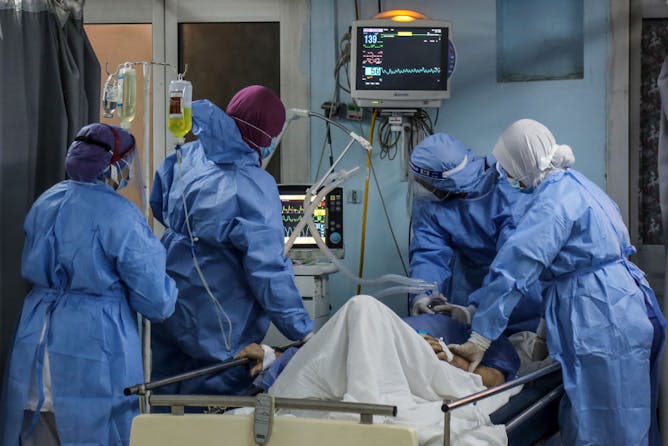
Doctors and nurses adjust the oxygen mask of a COVID-19 patient inside the Intensive Care Unit of Heliopolis hospital, Egypt.
Photo by Fadel Dawood/picture alliance via Getty Images
Bruce M Biccard, University of Cape Town
Outcomes for critically ill Covid-19 patients in Africa are poorer than any other region in the world.
|
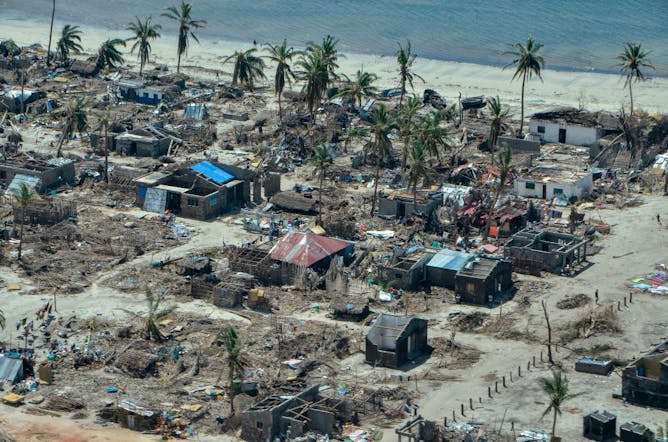
Cyclone Kenneth caused significant damage to Mozambique, the Comoros Islands and Tanzania in 2019.
EMIDIO JOZINE/AFP via Getty Images
Declan Finney, University of Edinburgh; Hellen Msemo, University of Leeds; John Marsham, University of Leeds
Land-falling tropical cyclones are rare in Tanzania so past events are outside the memory of most.
|
Health + Medicine
|
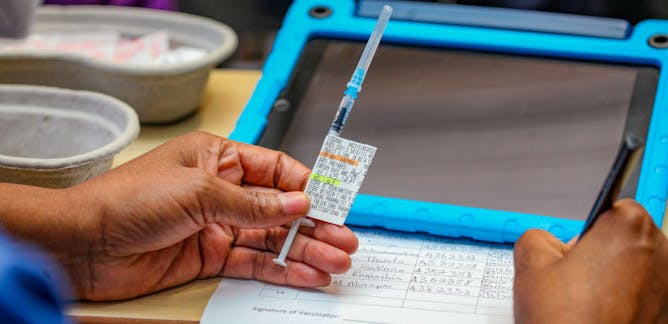
Kerrigan McCarthy, National Institute for Communicable Diseases
Each province and district in South Africa has allocated persons responsible for investigating adverse events following COVID-19 vaccination.
| |
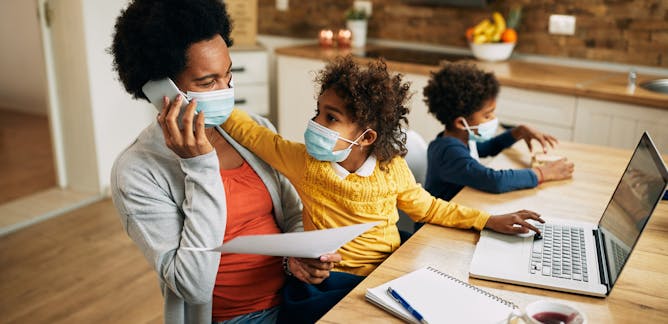
Odile Mackett, University of the Witwatersrand
Women have been affected by the pandemic more than men in many ways. Policies should reflect this.
|
|
|
Politics + Society
|

Paul Emiljanowicz, McMaster University
Jerry Rawlings found a unique path to legitimise his military rule in Ghana.
| |
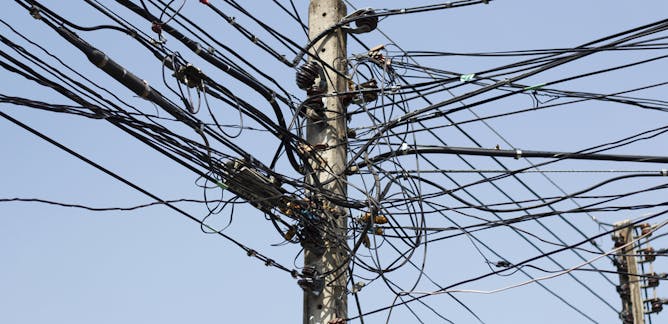
Ellen Fungisai Chipango, University of Johannesburg
When policymakers reduce electricity scarcity to a few factors like theft and vandalism, to be solved with technology and stiff penalties, they miss other factors that contribute to electricity theft.
|
|
|
From our international editions
|
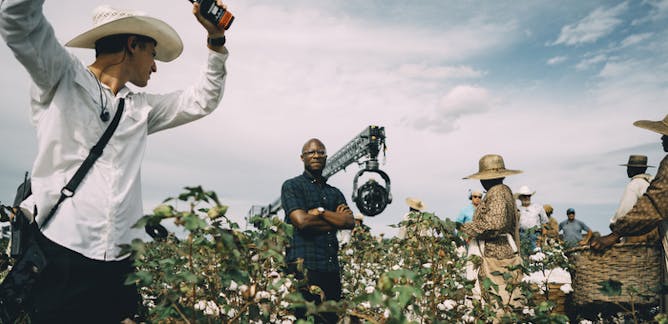
William Nash, Middlebury
Director Barry Jenkins' delicate dance with beauty and suffering seeks to create a fuller picture of the world Black Americans – then and now – inhabit.
| |

Martin Graff, University of South Wales
A gentle nudge to rethink our social media posting could significantly reduce online abuse.
|

Osnat Katz, UCL
After the Chinese Zhurong's successful landing, we look at the previous Mars missions that have tried, and sometimes failed.
| |
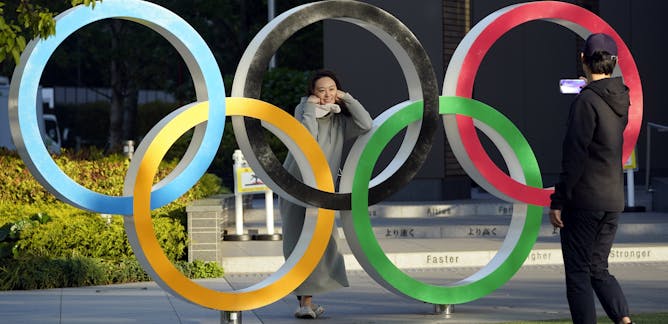
Paul O'Shea, Lund University
The majority of Japanese people are opposed to the games going ahead, but there's more to the decision to hold the Olympics than public opinion.
|
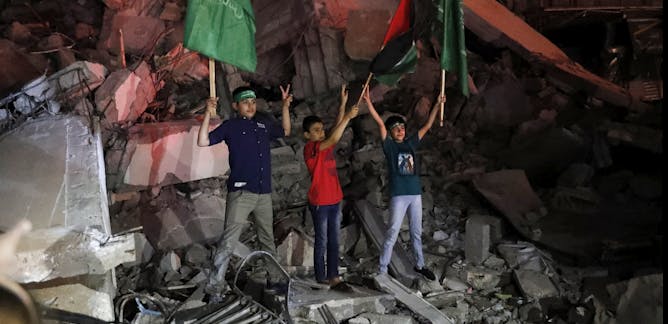
Anthony Billingsley, UNSW
There seems to be no interest in reviving a peace process that has been effectively moribund since the Clinton administration in the late 1990s.
| |
|
|
| |
Featured events
|

|
Zoom, online, Zoom, online, Gauteng, Zoom, online, South Africa — University of Pretoria
|

|
Faculty of Law, University of Pretoria, Pretoria, Gauteng, 0002, South Africa — University of Pretoria
|

|
Virtual/Online, Hatfield, Gauteng, 0083, South Africa — University of Pretoria
|

|
Robert Sobukwe Road, University of the Western Cape, Bellville, Cape Town, Western Cape, 7535, South Africa — University of the Western Cape
|
|
|
|
| |
| |
| |
Would you like to republish any of these articles?
|
|
It’s free to republish, here are the guidelines.
Contact us on africa-republish@theconversation.com in case you need assistance.
|
| |
| |
| |
| |
|
|
|
|
|
|
|